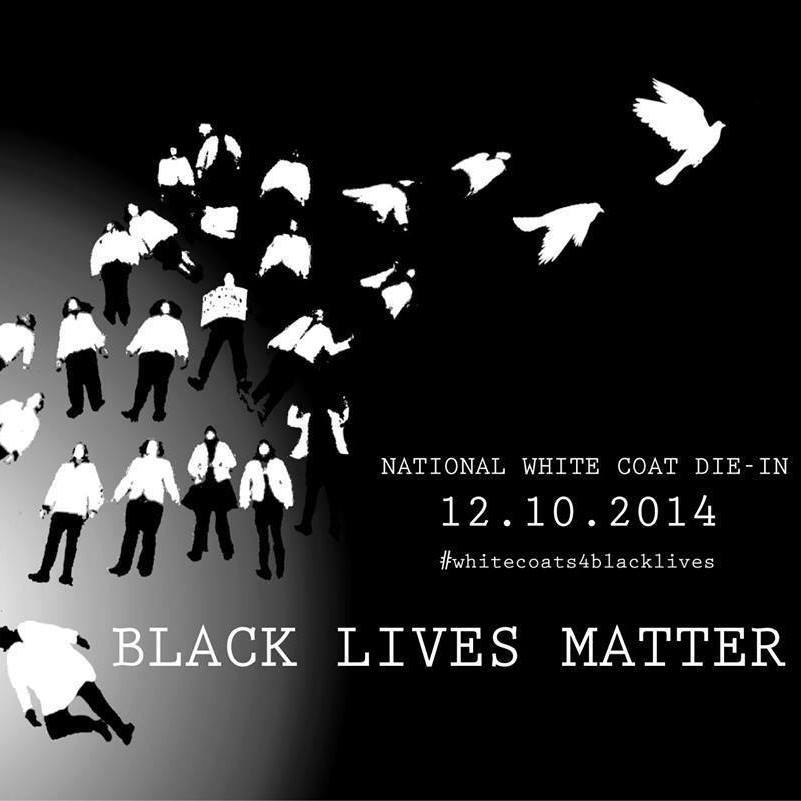On Empathy (Can These Shoes Ever Fit?)
The position of an M0.5 is a very paradoxical one. We’ve gone through five months of class, amazed that our brains can fit in so much material and even more amazed that we have to make room for more. We’ve gotten our white coats and try to ask patients smart questions while having no idea what solution we can provide for the ailments being enumerated. Our goal at this point is not to diagnose — it’s to learn as much information as we can so that somewhere down the long, long line, we’ll be able to utilize what we know and make something of it.

